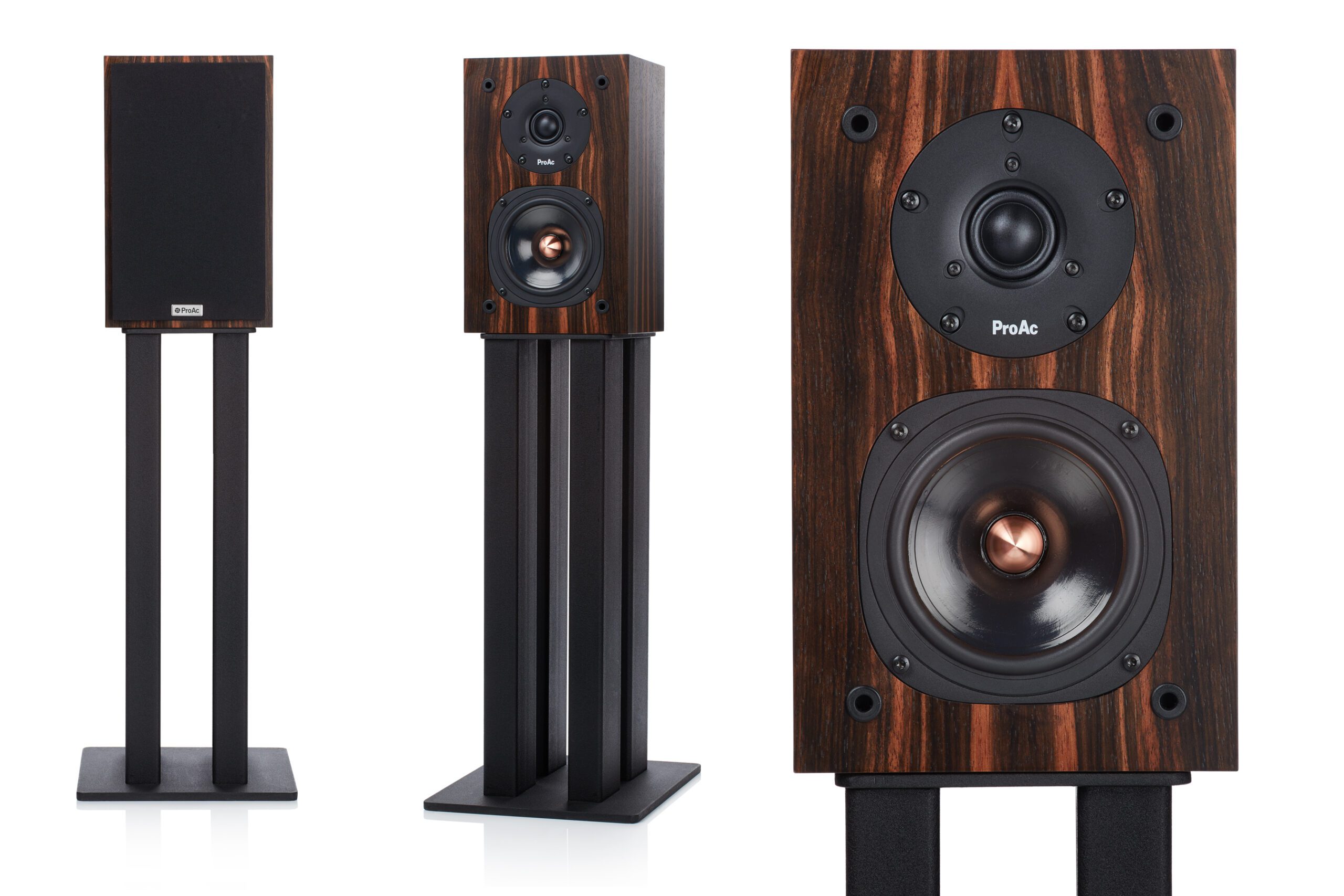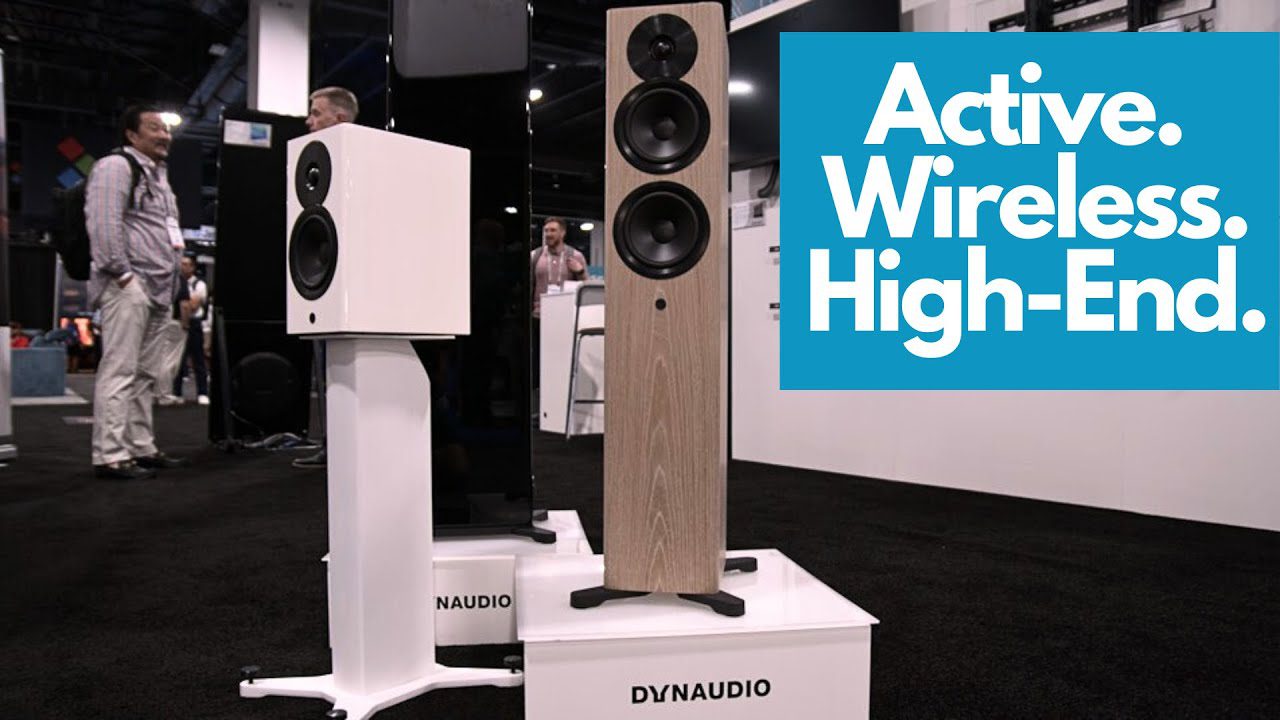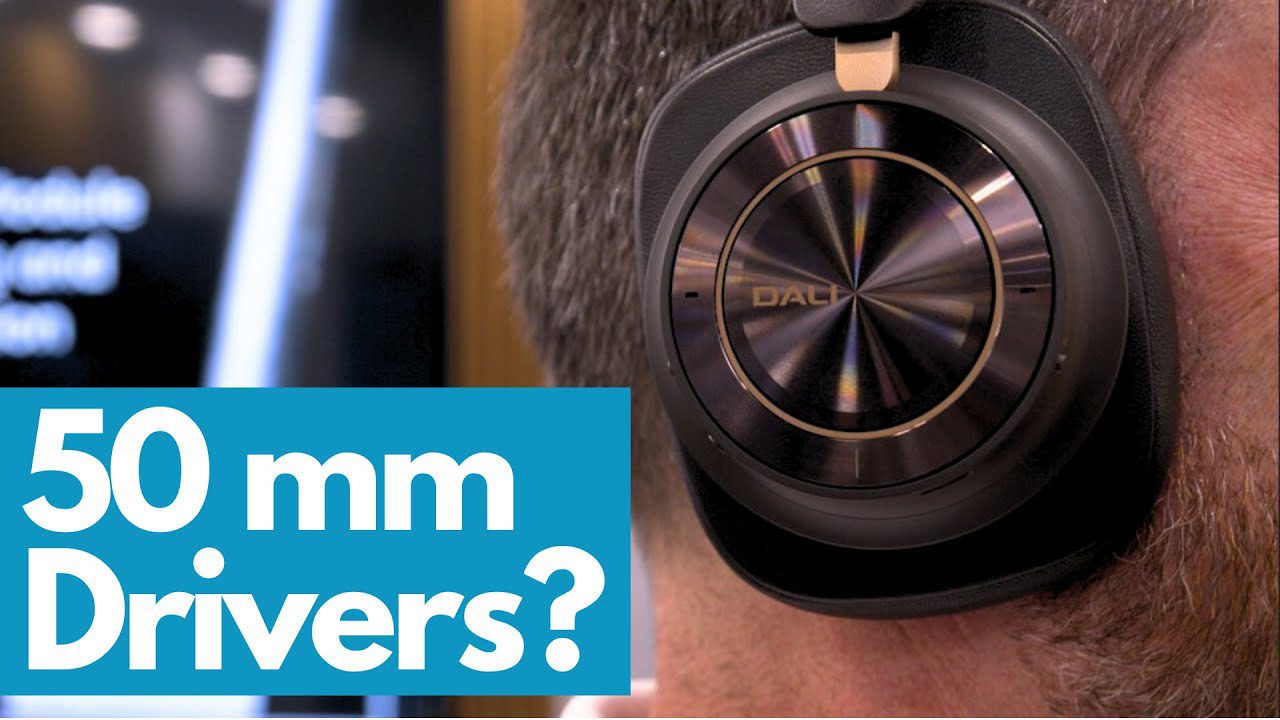
Matt Owens was a co-founder of the hugely successful indie-folk band Noah and the Whale – he played bass for them.
Since they split, in 2015, he’s fronted raw rock ‘n’ roll outfit called Little Mammoths and launched a solo career. His debut album, Whiskey and Orchids, an acoustic-guitar and-piano-led record, came out in early 2019.
This year, he’s released the follow-up, Scorched Earth, which sees him cranking things up. His Neil Young-style harmonica and beloved ‘60s Gibson Dove acoustic can still be heard on some songs, but this time around it’s joined by a vintage Gretsch electric, as well as bass organ pedals, synths, stomp boxes, synthetic drums and even turntables.
The chugging title track sounds like Springsteen and Tom Petty – with a killer ‘punch the air’ chorus, it’s a stadium rock anthem in waiting. First single, ‘Cargo For The Road’, written about the monotony of touring, is a dark, haunting ballad in the vein of ‘70s Neil Young, ‘MacCurtain street’ is a big, folky protest song about homelessness that’s crying out to be sung in Irish pubs, and ‘Strip It Back’ is quirky and lighthearted with a low-slung funk groove.
I spoke to Matt, who lives in Bath, Somerset, to find out why his new record sounds much more adventurous than his first, and hear some of the stories which inspired his songs.
SH: You’re a full-time, professional musician. How have you been coping during the pandemic and how has it affected you?
MO: I’m used to playing five shows a week on average, and I was going to do 30 festivals this summer, but I’m good – I think it definitely helps having an album to focus on.
I abstained from doing online gigs for a long time, but then I started doing a song a day – playing different songs by my favourite artists. I thought it would be a novelty, but it started to take over my life. I pride myself on having a decent live sound, but so many online platforms have compressed audio – you need to know how to make yourself sound good in different formats. Online shows definitely haven’t replaced live gigs.

Did lockdown impact on your plans for the album?
It was always going to come out in October, but it made me much more neurotic because there was constantly a risk that it could all get taken away. I did wonder whether the album would happen, but I’m a big believer in making records when you’re ready to make them.
My album was part-recorded. I did four days in a studio in Manchester [Airtight].
This was where I’d recorded my debut album, so I had the skeleton of it – nine tracks that I could work on. I also went into a studio in Bath [Mizpah] – when you’re cutting a record and you have limited funds, you want to trust what you know.
It was quite reassuring – I was producing the album myself. A week after I left Manchester, the city was in lockdown. It was only when I was locked-down that I realised how much I get done career-wise when I’m gigging. When I’m driving to shows, I call my manager and venues – that’s my time to ‘work’.
Did you have all the songs for the album written before you went into the studio?
I was writing a lot, but I had January as my cut-off point for songs and then I went into ‘arranger/producer mode’.
I’ve been working on this record pretty much since the day after I finished my last one. In terms of my approach, I wanted it have better songs and a faster tempo, and to be more experimental.
I think I’m at my best when I write songs that only I’d write. What do I mean by that? I’m a big Warren Zevon fan – only he could write ‘Roland The Headless Thompson Gunner’. There are tracks on this record, like ‘Cargo For The Road’, which are quite honest – they’re about reality, rather than talking up a myth. I like to demystify stuff and to be brutally honest about what things are like – I like to challenge myself.
Your first album was mostly acoustic guitar, piano and harmonica, but, this one has a bigger sound and is much more electric – and eclectic.
You’ve said that on the new record you’ve incorporated instruments that you distrusted in the past, including synths, stomp boxes, synthetic drums and turntables. How did that come about?
I knew that if I went into the studio with my drummer, Jimmy, I’d know what the record was going to sound like in my head – and I didn’t find that particularly exciting. As I was confident about the songs, because I’d been gigging them, and I was really chuffed about both my acoustic and my electric sound, which has been a constant obsession of mine for quite some time, I wanted to push the envelope sonically.
When I was younger, I was against synths because they weren’t guitars, but when I knew there was going to be guitars on this record, I thought we could rub synths and guitars up against each other, and, obviously, they work great together!
Some of my favourite albums by Tom Petty have synths on them. I’ve used synths to get a Hammond organ sound or an accordion one, but I also wanted to push it.
I met a guy who was a turntablist – I was thinking of those early Eels and Beck records that I’d enjoyed. I also had synthetic drums that sounded like real ones, or we’d get real drums and muck them up – we used loops made up of real percussion.
The title track, ‘Scorched Earth’, has a Springsteen and Tom Petty feel. It’s a big-sounding song… Where did it come from?
I’m more than happy to take the Springsteen and Tom Petty comparisons.
I used to live in London, I was born and raised there and never thought I’d leave, but I moved to Bath two years ago. It’s one of the best decisions I’ve ever made.
‘Scorched Earth’ is about how sometimes you’ve got to torch everything and start afresh – I had that caveat post-Noah and the Whale and when I left London. It gave me freedom and it was a very positive thing to do. A lot of people talk about doing something like that.

When I wrote it, I was like ‘hmmm – is that a bit too honest?’ I can remember reading that Tom Petty said something similar when he wrote ‘I Won’t Back Down’. It’s a pretty brutal and honest assessment from me, but, thankfully, it has a big chorus. It’s all there.
‘Cargo For The Road’, which you talked about earlier, is one of my favourite songs on the album. It’s dark, moody and stripped-down – an ‘on the road’ song, which has a classic Neil Young sound. It even name-checks his track ‘Cowgirl In The Sand’. It’s an acoustic song, with organ and harmonica, and it sounds more like something from your first album…
Yes – you’re completely right. I wrote it when I was on tour with Noah and the Whale, being driven from Seattle to Fargo, which took 22 and a half hours. There was nothing but corn, and my girlfriend wasn’t very happy with me at the time, but there wasn’t much I could do about it.
I rediscovered the piece of paper I’d written the song on two years later. By that time, I’d learnt how to finger pick [on guitar]. It’s one of the oldest songs that made the record. I kept returning to it and its time finally came. It’s probably one of the best songs I’ve written. It’s very direct and it says everything I needed to say at the time. Musicians don’t talk about how boring and tiring touring can be and what it’s like when no one’s at one of your gigs. Of course, now the pandemic’s here, I’d do it all over again – for free!
‘Strip It Back’ has a groove to it – I’m guessing that’s the track with the turntables on? It sticks out on the album, as it has a funk feel. The lyric deals with the afterlife and it mentions famous dead musicians, like John Prine and Warren Zevon.
I used to play bass for about seven years. I’m obsessed with James Jamerson and all the Motown guys. I think the album needed some light relief, which, for me, is generally talking about death!
I like the idea that when we go, we get to hang out with everyone who’s lived before.
In my head, it makes sense that John Prine and Warren Zevon are over at Orpheus’s house and then God turns up with some beers and a guitar, wanting to learn how to play, while Jesus is signing on. The record needed some escapism, as there are a lot of heavy songs on it subject matter-wise. It seemed right to put it to a kind of King Curtis groove.
‘Another Song About The Devil’ starts like a ‘70s singer-songwriter piano ballad, then puts its foot on the gas and goes all rock, with a big guitar solo…
Yeah – I thought I should kick out the jams on something! That song was made in Bath. I read an article about a family who travelled from El Salvador to try and cross the Rio Grande to get into America – a guy went across with his son, then he tried to go back for his wife. His son followed him and they got swept away. It’s heartbreaking – that was the starting point for the song.
Around about that time, the whole Jeffrey Epstein thing was happening too. I liked the image of the devil hearing the headlines of the day, pulling over to the side of the road and saying, ‘I can’t compete with these.’ I don’t see myself as a political person, but I wanted to challenge myself to write about something that’s happening now.
On that note, ‘MacCurtain Street’ is an anthemic folk-rock song, which deals with homelessness in Cork, Ireland…
It’s all true – after Noah and the Whale broke up, I used to go to Cork every month to play music with my band Little Mammoths. I tried to write a song about a guy I met who told me his story – he was a lecturer, then he lost his son and his wife left him… You never know what’s around the corner and you think it will never happen to you.
I also read an article about a guy who was a top chef for rock stars like Elton John, but ended up homeless on the streets of Cork and was kicked to death. I wrestled with the song and wondered if I should go ahead with it because of its punchy subject matter – who am I to write about homelessness having never been homeless? – but I felt I had a way in with it. I wanted to be able to play it with an acoustic guitar and a snare drum, like you would in an Irish pub.
Finally, I’d like to ask you about a Christmas song called ‘One F*** Of A Year’, which was on your first album. It feels very apt for 2020. You could have rereleased it as a festive single…
Unbelievably, I wrote it before Brexit, as a bit of a joke – it almost didn’t make it onto the record. Weirdly, it’s probably the song I get the most comments about – but not in the way that you’d expect. People who’ve had a difficult year and have lost people or had personal tragedies find it really cathartic and helpful. It gives them solace.
Scorched Earth by Matt Owens is available now on CD and digital. It’s distributed exclusively via Bandcamp (mattowens.bandcamp.com) and selected stores.
Tags: FEATURED
By Sean Hannam
More articles from this authorRead Next From Blog
See all
AXPONA 2024 Show Report Part One
- Apr 19, 2024
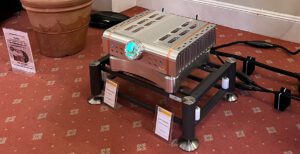
Audio Show Deluxe 2024: A photo show report
- Mar 28, 2024
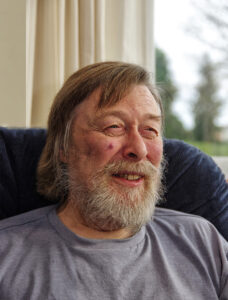
Paul Messenger 1949-2024: A personal tribute
- Mar 26, 2024
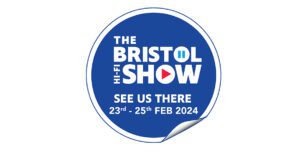
Bristol Hi-Fi Show 2024: See You There!
- Feb 21, 2024

